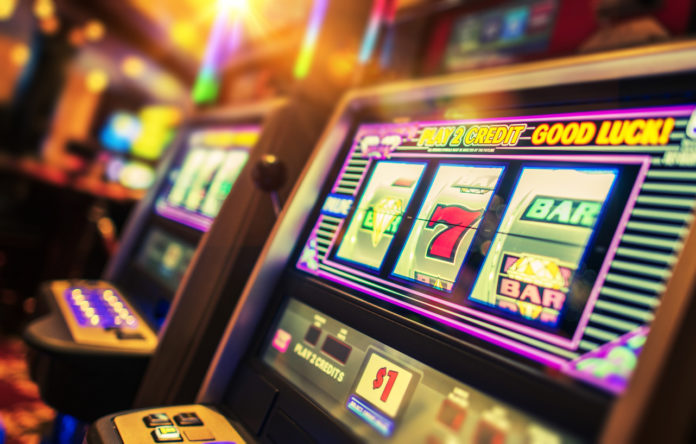Slot machines have made massive progress since their inception in the late 19th century, moving from a reliance on mechanical components to deliver random outcomes towards electronic and eventually all-digital solutions as the decades passed.
Today, slot machine tech is more diverse and advanced than ever, and there is still further for it to go as new innovations emerge. Here is a look at what improvements and fresh angles players can expect both today and in the near future.
VR & AR have arrived
Even with all of the evolutions that have happened to the tech that underpins modern machines, the fact is that probably the most popular slot games in the world are predominantly limited to 2D planes, rather than being adapted for true 3D space.
This is beginning to change thanks to the arrival of virtual reality and augmented reality in the mainstream consumer tech market in recent years. Although support is still small amongst mainstream casino operators, a growing number are beginning to offer VR and AR-based slots that allow owners of compatible hardware to experience a far more immersive approach to play.
Furthermore, with the raw power offered by the latest smartphones, accessing these features on the move is easier than ever. This frees up developers from the limitations of the past and opens up almost endless possibilities. There will of course be a place for old-school fruit-based slots and other more basic themes, but for those seeking cutting edge thrills, the technology is in place to exceed expectations.
Land-based experiences will improve to combat digital competition
So far we have focused mainly on what slot machine technology changes will come to the digital gambling services that have proliferated in recent years, but it is worth noting that bricks and mortar casinos are well aware that they need to up their game with slots that are even more appealing if they want to compete.
A few major slot developers have begun to make headway in this regard, with the long term likelihood being that more will move towards a kiosk-oriented slot experience that can be tightly controlled and managed. This will allow for the integration of fresh levels of interactivity that cannot be achieved on a PC or smartphone alone, such as the introduction of sensory elements such as force feedback, wind, moisture and even smells.
This kind of technology is already being heralded as the future of the wider gaming market, and it could have just as much of an impact in the world of slot machines.
Security will matter more than ever
As digital slots become more popular and online casinos increase their share of the market, the need to protect players from cybercrime will also increase.
Operators have a number of ways of approaching this, and it is also important for them to show their customers that they not only care about shielding them against hackers, but also respecting their privacy more broadly.
This is where blockchain technology comes into play, and gambling is just one area in which its influence is expected to be felt going forward.
A number of online casinos already accept payment via cryptocurrencies like BitCoin which make use of blockchain to handle transactions in a decentralized, fully encrypted manner. If wider adoption becomes a reality, it may one day be possible for people to play securely from anywhere in the world without worrying about their data being compromised.
Overall, the future of slot machines is bright and technological advancements should benefit players and operators alike, while building upon the solid foundations that this industry niche has built so far.









